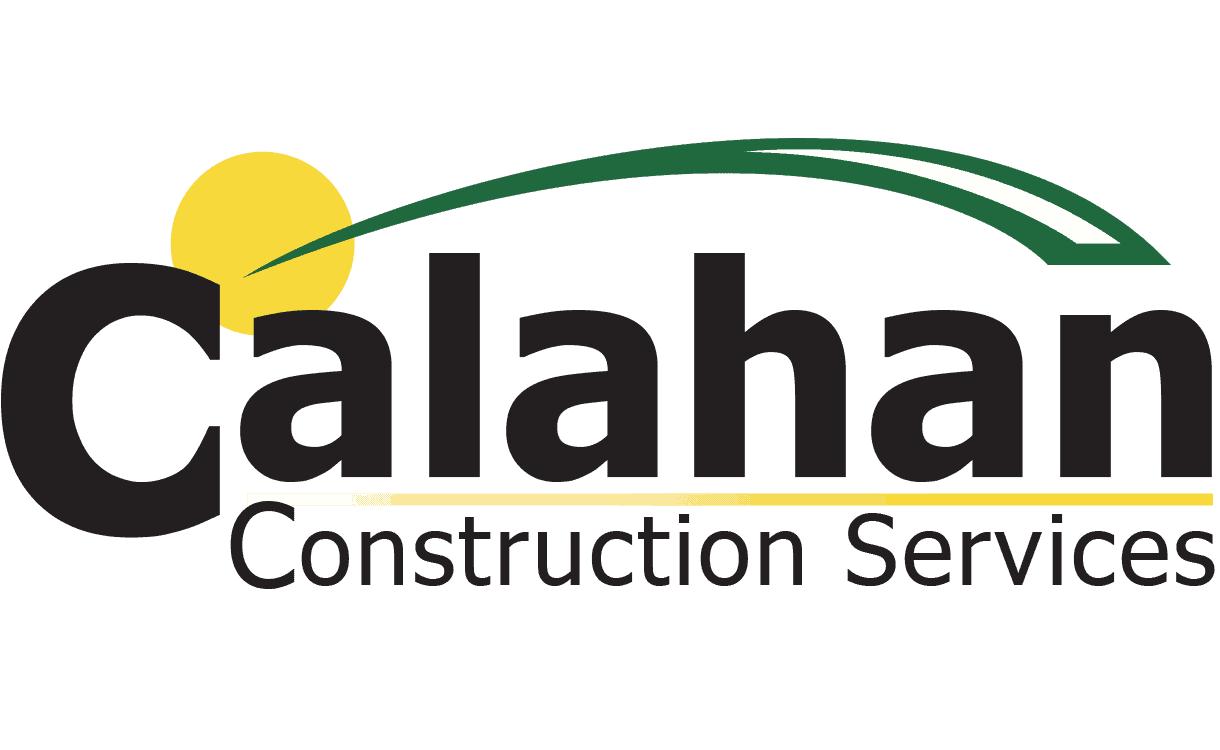
If you’re developing a new commercial construction project, masonry services are one of your best options. But what does commercial masonry involve? Let’s look at the different types of masonry and determine how each one works.
Key Concepts
This post covers the following:
- Your masonry options
- Brick
- Concrete
- Stone
- Stucco
- How to choose the best type of masonry for your project
Your Masonry Options
When you choose to build with masonry services, you and your contractor should consider the following options:
Brick Masonry
This type of masonry is a classic that involves clay bricks stacked together with mortar. The bricks can also be made of concrete, sand and lime, and a few other materials. There are three main kinds of brick masonry walls:
- Solid Walls: These walls consist of two or more layers of bricks. Header bricks or metal ties usually hold the walls together. This type of brick wall construction lasts a long time with the right combination of brick and mortar.
- Veneer Walls: This type of wall has just one layer of bricks. The brick veneer is tied to wooden or steel studs, then insulation is placed between the bricks and the studs. Brick veneer masonry is often used on building exteriors.
- Cavity Walls: This type uses two layers, but there’s a space between them. The outer layer is always brick, but the inner layer could be concrete blocks, bricks, or poured concrete. Cavity walls prevent water from getting into buildings.
Concrete Masonry
Concrete masonry is completed with commercial masonry units (CMUs), also known as concrete cinder blocks. There are a few different CMU block types. Some are solid, while others are hollow. The hollow blocks often have one or two holes in the middle of them.
Hollow CMUs are more economical and work well for walls. Solid blocks are more expensive because they require more raw materials to make, but they also give buildings more security.
Concrete masonry is often used for exterior walls and building foundations. CMUs work well with a variety of coatings and paints, so you have flexibility when choosing other materials for your project.
Stone Masonry
Like brick masonry, stone masonry is a classic construction technique. It’s been used for millennia to create structures that stand the test of time. Stone masonry comes in two main types:
- Rubble masonry: Stones are laid horizontally or vertically between uniform layers of mortar joints. Rubble masonry uses stones that are undressed (aren’t shaped by tools) or are hammer- or chiseled-dressed (roughly shaped with hammers or chisels) for a rustic look.
- Ashlar masonry: Pre-cut stones are laid in even layers of mortar and dressed to give them the same general shape and texture.
These types of masonry give your building a unique look that sets it apart from others on your street. Stone masonry is also related to stucco masonry, which is described below.
Stucco Masonry
Stucco is a masonry material that consists of cement-based plaster. It’s often associated with homes, but it also suits commercial buildings in certain locations and industries. Like stone masonry, it gives your building a distinct appearance.
Stucco consists of sand, Portland cement, hydrated lime, and water. It’s applied in a couple of coats. First is the lath, followed by the brown coat and the finish coat. If you and your contractor decide to use stucco masonry, they can either mix the stucco onsite or apply premade stucco to your building. Premade stucco is a dry mixture that needs water added to it before your contractor can put it on your building.
If you use stucco as a building material, it’ll take a long time to dry. The long drying time makes stucco extra durable.
Considering masonry for your project? Learn more about our masonry services.
How Do You Choose Between Masonry Types?
The type of masonry you choose depends on a few factors. For example, what aesthetic do you want your building to have? How much does that matter to you? If you want a specific look that draws peoples’ attention, stucco or stone is your best bet. If you’re more concerned with having solid masonry and staying within strict budgets and timelines, concrete masonry better fits your needs.
Consult with a contractor before you decide on a particular masonry style. This helps you understand how each type of masonry will affect your project overall. They can also explain details like unreinforced vs. reinforced masonry. Overall, it’s best to have a professional by your side when you make this decision.
What Do Masonry Services Include?
Your contractor’s masonry services help you create the exact building you’re looking for. Your contractor can complete tasks like pouring concrete or laying brick or stucco. Those tasks are challenging, and it takes true professionals to complete them properly. A contractor can make sure the job is done carefully, so you and your employees can be safe in your building once it’s complete.
Choose the Best Type of Masonry for Your Project With Calahan Construction
Our masonry services include more than just creating a stable building. We’ll build an office space or commercial facility that suits your business’s needs and culture. We provide an architect, a project manager, and an engineer to design and build a quality structure for every masonry project we take on, so you don’t have to manage multiple contractors.
Thinking about using a certain type of masonry for your construction project? Reach out to Calahan Construction today.



